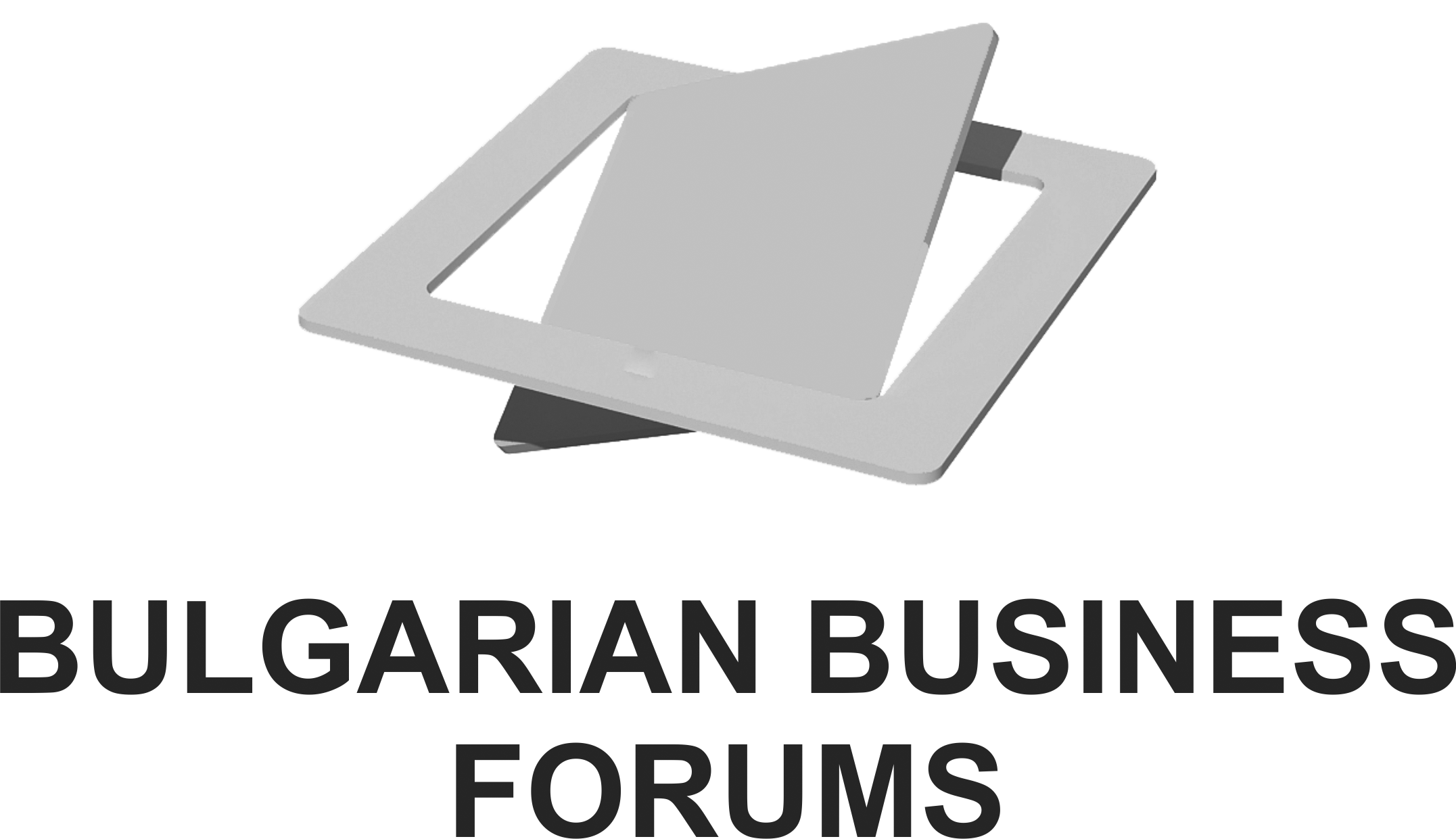Ecosystems
Bulgaria
In 2018, 42% of respondents participating in a survey replied they could imagine starting their own business, while the average percentage in Europe is 39%. These numbers show that Bulgarians have a high entrepreneurial spirit and willingness to take risks.
Since the ICT sector is one of the key areas for economic development nowadays, it is important to learn the status of the Bulgarian one. In general, Eastern European countries have the highest percentage of women working in the digital industry, and there is a positive trend in Bulgaria too: the country ranks first in the EU. Nearly 27.7 % of employees in the ICT industry in Bulgaria are women, while the average figure for the EU is 16%. Germany, for example — at 16.6 % — lags far behind in spite of the fact that it is one of the strongest economies in the EU. There are a lot of ladies who are considered leaders in the Bulgarian digital sector and their involvement and contribution to the development is a wonderful example with a model value that Bulgaria could share.
As in most EU countries, startups are mainly concentrated in the big cities – in the capital Sofia, in Varna (also known as the Sea capital of Bulgaria because of its location on the Black Sea coast), in Burgas, Stara Zagora, Ruse. In particular, Bulgaria boasts a positive example of a small town with entrepreneurship initiatives in the digital sector – the city of Vratsa.
The main directions in which the Bulgarian startups are emerging and showing increasing growth:
• Artificial Intelligence
• Blockchain
• Deep Tech
• Internet of Things (IoT)
• Fin Tech
• Big Data Machine Learning,
• Health Tech
• Marketing Automation
• Med Tech
• Virtual & Augmented Reality
• Cloud Computing
• Transportation
In Bulgaria, the government and local authorities maintain a continuous dialogue with NGOs that represent startups. These organizations are open for recommendations coming from the startup community, including suggestions on how to improve the legislation and regulations for the sustained development of entrepreneurship, creativity, and innovation. They also provide financial support for the organization of national and international conferences and exhibitions that are essential for the exchange of know-how with the Western European countries. Most of the big municipalities work in collaboration with local NGOs to develop the new startup and digital ecosystem. A prominent example is the municipality of Varna, which works closely with the local digital community. As a result of the efforts, the city was regarded to be one of the 30 Digital Innovation Hubs in Europe and the first in the region. The administration is constantly working with the leading startup organization (BBF) in the field, and this collaboration led to another achievement for the city: Varna was recognized as one of the first European Startup cities. Seemingly, Sofia established a fund which will support the startups in the country. Finally, the municipality of Bourgas is now developing a stable ecosystem in the city and the region.
A positive trend is the willingness of the state and municipalities to lift both the startups and organizations that are supporting them. Substantial assistance is provided by administrations to startups in their processes of funding, finding potential clients, investors and, market uptake. Bulgaria can count on its local communities for the progress in this area. The Varna Startup and Digital Community are a great example of that.
As part of the government strategic planning, greater prominence will be put on Digital Innovation Hubs in line with the European Union's aim to develop a Unified Digital Market. Some corporations started to establish their private accelerators and VC funds. Although their impact on the ecosystem is still relatively small regarding investments and numbers of accelerated startups, they have brought knowledge, experience and business network to the startup world.
The Bulgarian startup ecosystem has a good balance between public and private institutions, different types of stakeholders (incubators, funds, public institutions, etc.) and corporations. It is also very open to cooperate with neighboring startup ecosystems, in particular with French, Belgian, Spanish, CEE and Western Balkan startup ecosystems. Lots of forums are being organized lately to make all stakeholders' voices be heard and taken into consideration and, consecutively, their efforts to be united for common goals.
The key stakeholders of the Bulgarian startup ecosystem are (per type):
Startup:
- Mimirium, SeeHarmony, Imagga, Tickey, Mammoth DB, Proviotic, Reachub, Melissa Climate, Half Bike, Bee Smart, Dronamics, Gym Realm, Recheck, Escreo, Ucha.se, Metrilo, etc.
Investors:
- Launch Hub Ventures, Eleven, Neveq, Bright Cap Ventures, Empower Capital, Black Peak Capital, Rosslyn Capital Partners, BBF Angels Club, CEO Angels Club, etc.
Corporations:
- SAP, Microsoft, Solvay Sodi, Mobileye, VivaCom, VM Ware, etc.
Public institutions:
- Fund of the Funds, The Bulgarian Small and Medium Enterprises Promotion Agency (BSMEPA), municipalities Sofia, Varna, Burgas, Plovdiv, Ruse, Stara Zagora.
NGOs:
- Bulgarian Private Equity and Venture Capital Association (BVCA), Bulgarian Business Forums, BEC, Startup Foundation, Start it Smart, Startup Factory.
Co-Working Spaces:
- Innovation Co-Working Space, Betahouse, Soho, Puzzle Co-Working, WolloW, Swich, Limacon.
• There is a lack of financial instruments for the organizations supporting and developing the ecosystem.
• There is also a lack of financial regulations and instruments supporting the startups at stage idea (very early stage).
There are financial tools to support the startups at a late stage (developed startups) and scale-ups, but none regarding the early-stage companies and helping them through the processes of motivation, education, and funding.
The main barriers for developing the startup ecosystem are legislative (stock options, special tax incentives for private investments in startups, flexible labor legislation, etc.).

